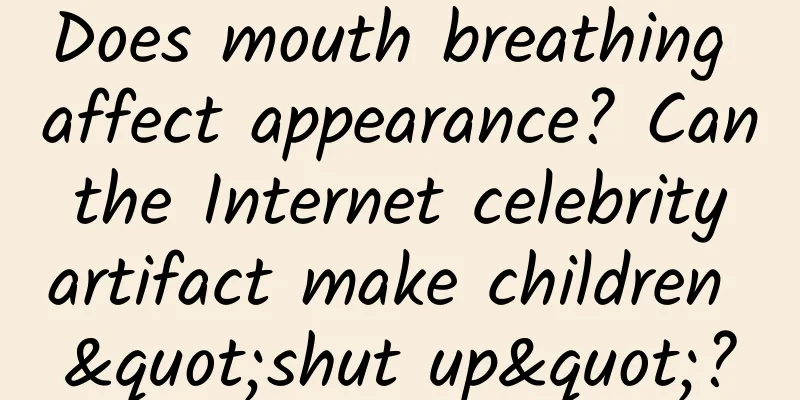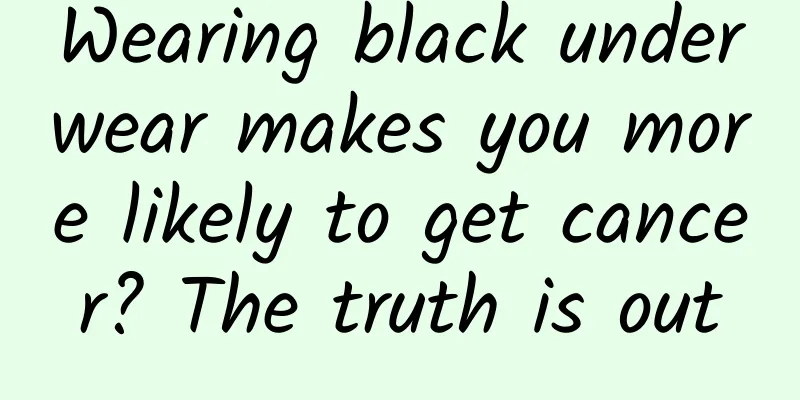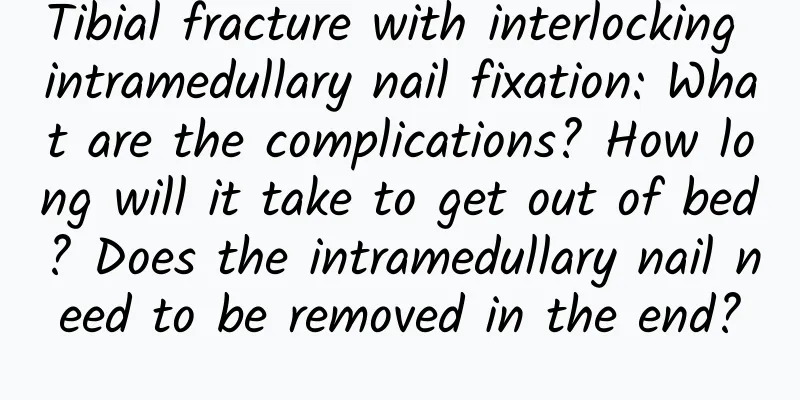Does mouth breathing affect appearance? Can the Internet celebrity artifact make children "shut up"?

|
Mouth breathing is the habit of breathing with the mouth open during sleep at night. Under normal circumstances, everyone's normal breathing pattern is nasal breathing. Mouth breathing is a special or abnormal state, which is divided into obstructive breathing and habitual mouth breathing. Obstructive mouth breathing Obstructive mouth breathing is a blockage of the respiratory tract above the oropharynx caused by a primary disease, such as enlarged adenoids or tonsils. The enlarged glands compress the nasal passages, causing symptoms in the ears, nose, pharynx, and larynx, making the respiratory tract partially or completely blocked. We can only breathe through the mouth to increase ventilation and prevent our bodies from lacking oxygen. When children have nasopharyngeal diseases such as chronic rhinitis, sinusitis, hypertrophy of nasal conchae, hypertrophy of palatine tonsils or pharyngeal tonsils, and their nasal breathing is blocked, they have to breathe partially or completely through their mouths. Over time, the tongue will fall back, the mandible will drop back, the lip muscles will relax, the lips will be open and the teeth will be exposed, the lips will be everted, the upper front teeth will protrude, and the upper dental arch will be narrow. The airway passing through the oral cavity will hinder the normal descent of the hard palate, and the palate will be high. After the mouth is open for a long time, the teeth continue to erupt, causing the mandible to rotate downward and backward, forming an open bite and long face deformity. This is what we professionally call "adenoid facies." Habitual mouth breathing Although my nose is not blocked, I am still used to breathing through my mouth. This is generally seen in "mouth breathing" caused by various underlying diseases. Even if the disease has been cured, long-term mouth breathing has changed the structure of the temporomandibular joint and the muscles around the joint, forming muscle memory, making mouth breathing a normal state or habit. Common diseases that cause "mouth breathing" include chronic rhinitis, nasal concha hypertrophy, nasal polyps, deviated nasal septum or sinusitis, etc., which will reduce our nasal ventilation. Once the nose is blocked, we can only compensate by breathing through the mouth. Will long-term mouth breathing make you ugly? Long-term mouth breathing, if severe enough, whether it is pathological mouth breathing or habitual mouth opening, can have some adverse effects on the normal growth and development of the child's craniomaxillofacial region. There have been a lot of studies in the orthodontic community on this. However, children's craniofacial growth is affected by many factors, among which genetic factors play a dominant role. Abnormal breathing patterns, bad habits, etc. cause varying degrees of facial changes based on genetics. That is to say, if a child does breathe through the mouth for a long time, then the facial appearance will be affected to a certain extent; but not all "unpleasant-looking" faces are related to mouth breathing, and not every child with upturned lips and protruding teeth is caused by mouth breathing. In addition to appearance, what is more worthy of our attention is that mouth breathing is a common manifestation of sleep disorders in children. Adenoids hypertrophy, tonsil hypertrophy, nasal diseases, etc. can lead to obstruction of the nasal passages, causing ventilation disorders and even sleep apnea syndrome. If not intervened in time, the body may be in a state of chronic hypoxia for a long time, especially brain hypoxia. Once a child lacks oxygen, he or she may easily become distracted, which may affect his or her study and life. In severe cases, he or she may even develop endocrine, metabolic disorders and cardiovascular diseases. Image source: Pixabay Can this Internet celebrity artifact make children “shut up”? Many mothers are very worried that their children's long-term mouth breathing will affect their appearance. Driven by this anxiety, they find a "good value for money" "mouth-closing magic tool" through Baidu, Taobao or other mothers' recommendations. It can correct mouth breathing, prevent children from opening their mouths while sleeping, allow for ventilation without sweating, and does not damage the skin. These words make mothers feel that good appearance is easily achieved. However, these tools are all forcing children to shut up. They may be effective when the child is awake, but at night, when the child is sleeping, forcing him to shut his mouth may also cause other adverse consequences, such as affecting sleep quality and causing hypoxia. Because breathing through the mouth is the body's self-rescue when nasal breathing is blocked. If you stick a "mouth-closing patch" on your child's mouth, it is equivalent to cutting off the path to fresh oxygen. Without fresh oxygen, can your child sleep well? In severe cases, respiratory arrest or even suffocation may occur. How to correct mouth breathing in children 1. Get treatment from a specialist If the baby has nasal obstruction due to illness and has to breathe through the mouth, then the nasopharyngeal disease should be treated in time to avoid nasal malocclusion and facial abnormalities. 2. Wear a special veil when sleeping For babies who develop the habit of breathing through their mouths, put a small three-layer gauze mask on them when they sleep at night, leaving their nostrils exposed, forcing them to breathe through their nasal cavity. 3. Upper and lower lip and cheek muscle training Do upper and lower lip and cheek muscle training every day. For example, repeatedly clamp a piece of cardboard between the upper and lower lips and quickly pull it out, 3 times a day, 5-10 minutes each time. You can also clamp a magnetic card between the upper and lower lips until fatigue. 4. Often close your mouth and blow Train your baby to blow air with his mouth closed frequently, for example, by whistling, blowing a trumpet, eating a lollipop, chewing gum and blowing bubbles, etc., and use the tongue and cheek muscle movements to promote the cleanliness of the mouth and teeth. 5. When doing exercises or jogging, remember to close your mouth and breathe through your nose After exercise, babies are used to breathing heavily. At this time, parents can encourage their children to breathe through their noses with their mouths closed, and persistently change their babies' habit of breathing through their mouths. 6. Orthodontics Children with severe tooth deformities should go to a dental hospital for correction before the age of 15. This is because children aged 12 to 15 are in the peak period of maxillofacial growth and development, when all the teeth in the mouth have been replaced by permanent teeth. This is the best time to achieve the best treatment effect with the least pain. Source: Chongqing Tianji Network Co., Ltd. This article is compiled from: Public Health and Preventive Medicine, Science Popularization China, Shenzhen Health Commission, Zhuozheng Science Popularization, 32teeth Tooth Protector Statement: Except for original content and special notes, some pictures are from the Internet. They are not for commercial purposes and are only used as popular science materials. The copyright belongs to the original authors. If there is any infringement, please contact us to delete them. |
<<: A picture to understand the basic structure and function of teeth
Recommend
How to take care of your eyes after crying during confinement?
After giving birth, new mothers' emotions are...
Beware! The adulteration rate of such food for babies is as high as 70%!
The fish floss you feed your children may be a fa...
Will my period be delayed?
When we talk about an old friend that women need ...
Pregnant women four months prenatal check-up items
At 16 weeks of pregnancy, you can do a second pre...
Can cancer be "contagious" among family members? Take precautions now →
Myth: "Cancer be transmitted between family ...
“Blue Food” helps build a healthy, sustainable and equitable food system
The British journal Nature recently published sev...
Will ovulation occur two days after the menstrual period ends?
Menstruation is something women are very familiar...
The longer the shelf life of food, the more preservatives it contains?
The longer the shelf life of food, the more prese...
Will ofloxacin ear drops affect children's growth?
Without further ado, let me first state the concl...
Can I keep the child after threatened miscarriage?
Threatened abortion is actually the most common a...
Is vaginal ultrasound uncomfortable?
Many people find it very uncomfortable to do a va...
Why does vaginal pain occur when sitting?
Under normal circumstances, women's vaginas d...
What should I do if I can’t do sit-ups? Experts say…
Sit-ups are a common method used by women to redu...
National Science Popularization Day 2021 | Boost your confidence! More than 80% of lymphomas can be effectively controlled
September 15 World Lymphoma Awareness Day From CC...
What are the symptoms of ovulation?
Ovulation is a normal physiological phenomenon fo...









